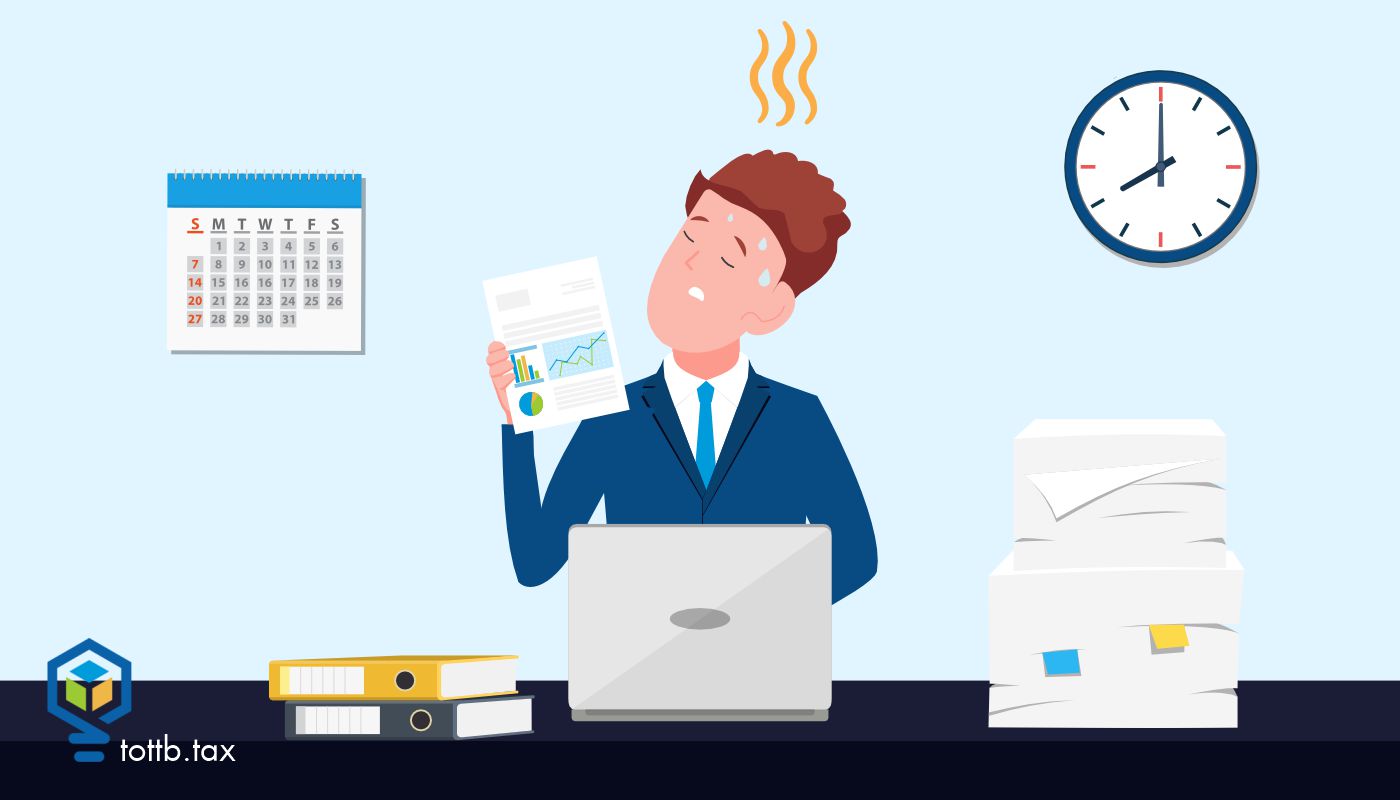In Part 1 of this series, we took a deeper dive into IRMAA planning and minimizing tax on your Social Security benefits. You play a large role in shaping your retirement years in terms of lifestyle and financial health. Think of taking advantage of the many techniques to lower your tax during your retirement years as another aspect of self-care. By treating your financial health and well-being as carefully as you treat your mental and physical well-being, you can ensure that you have resources to attain your financial goals and support yourself in the style for which you’ve planned. In my practice, I see a wide range of client behavior surrounding retirement – from no planning to thoughtful, long-range planning. Looking ahead, whether you’re working with your tax professional and financial team or whether you’re planning on your own, pays off enormously.
Please read on for some additional tips and techniques for tax savings involving charitable giving, Roth IRA conversions, and minimizing capital gains taxes – and two more examples.

Just How “Hot” Should IRC Section 751 Be?
Tax rules are generally designed with a purpose in mind. Most rules serve to define the tax base and tax rates. Many others serve a behavioral purpose to encourage or discourage certain activities. The focus of this article stems from tax rules that are a combination of favoring certain activity such as generation of capital gains, and a limitation on such gains for certain taxpayers, such as the so-called “hot assets” rule for partners under IRC Section 751, Unrealized Receivables and Inventory Items. While Section 751 has been in the tax law for decades, a new application of it was raised by both the IRS and California FTB. This article summarizes Rawat, TC Memo 2023-14, rev’d, No. 23-1142 (DC Cir., 2024), and FTB Legal Ruling 2022-02, and offers observations on their relevance to tax research and practice.





